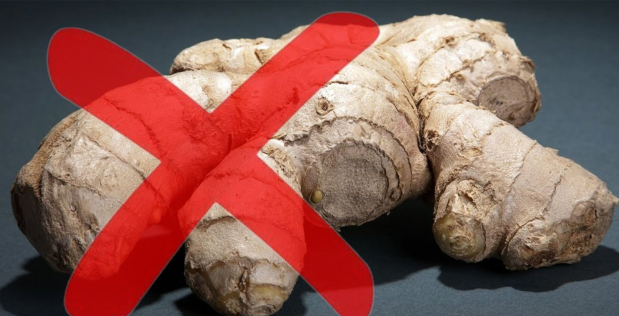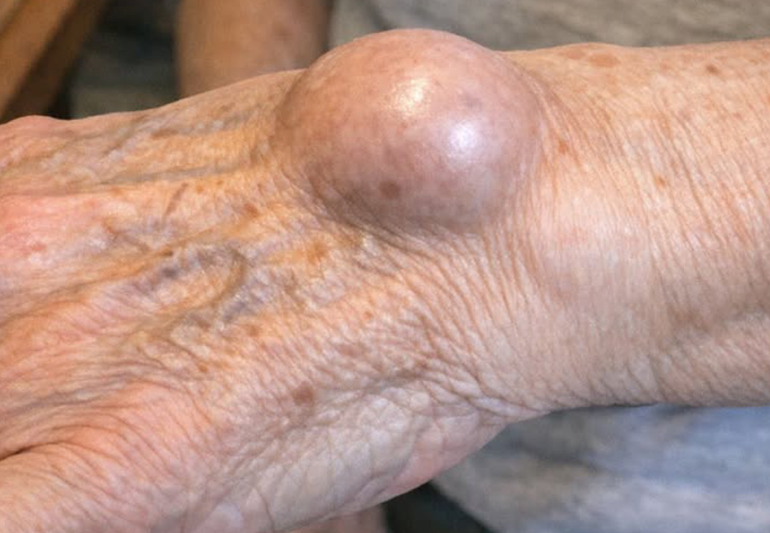Ginger, a beloved spice known for its unique flavor and numerous health benefits, is a staple in many kitchens. However, there are certain health conditions where ginger might not be the best choice. Here’s a helpful guide on when you might want to reconsider using ginger.
- Blood Thinning Concerns Ginger’s natural blood-thinning properties can be beneficial, but for individuals taking blood-thinning medications like warfarin or aspirin, it may increase the risk of bleeding. If you’re on such medications, it’s important to consult your doctor before adding ginger to your diet.
- Gallstones Ginger can stimulate bile production, aiding in digestion. However, for those with gallstones, this increased bile production could lead to discomfort or complications. If you have gallstones, it’s advisable to limit your ginger intake to avoid triggering any painful episodes.
- Low Blood Pressure and Heart Conditions While ginger can help lower blood pressure, it may cause issues for those with already low blood pressure or certain heart conditions. Ginger might lower your blood pressure too much or interfere with heart medications. If you have heart concerns, consult your healthcare provider before consuming ginger.
- Pregnancy Ginger is often used to relieve morning sickness during pregnancy. However, consuming large amounts, especially near labor, could increase the risk of bleeding. Pregnant women should use ginger sparingly and always under medical guidance.
- Sensitive Stomach Though ginger is commonly used to soothe digestive issues, it can irritate the stomach lining if consumed in large quantities. If you have a sensitive stomach or conditions like peptic ulcers, ginger might worsen your symptoms. It’s best to use ginger in moderation or opt for alternatives that are gentler on your digestive system.
Tips for Ginger Use
- Consult Your Doctor: Always talk to your healthcare provider before adding ginger to your diet, especially if you have any existing health conditions.
- Start Small: If you’re new to ginger, begin with small amounts to see how your body reacts.
- Explore Alternatives: If ginger isn’t suitable for you, consider other spices or consult a nutritionist for alternative options.
Ginger offers many benefits, but it’s crucial to use it wisely, keeping your personal health conditions in mind. With the right precautions, you can enjoy the flavors and advantages of ginger without any worries.







